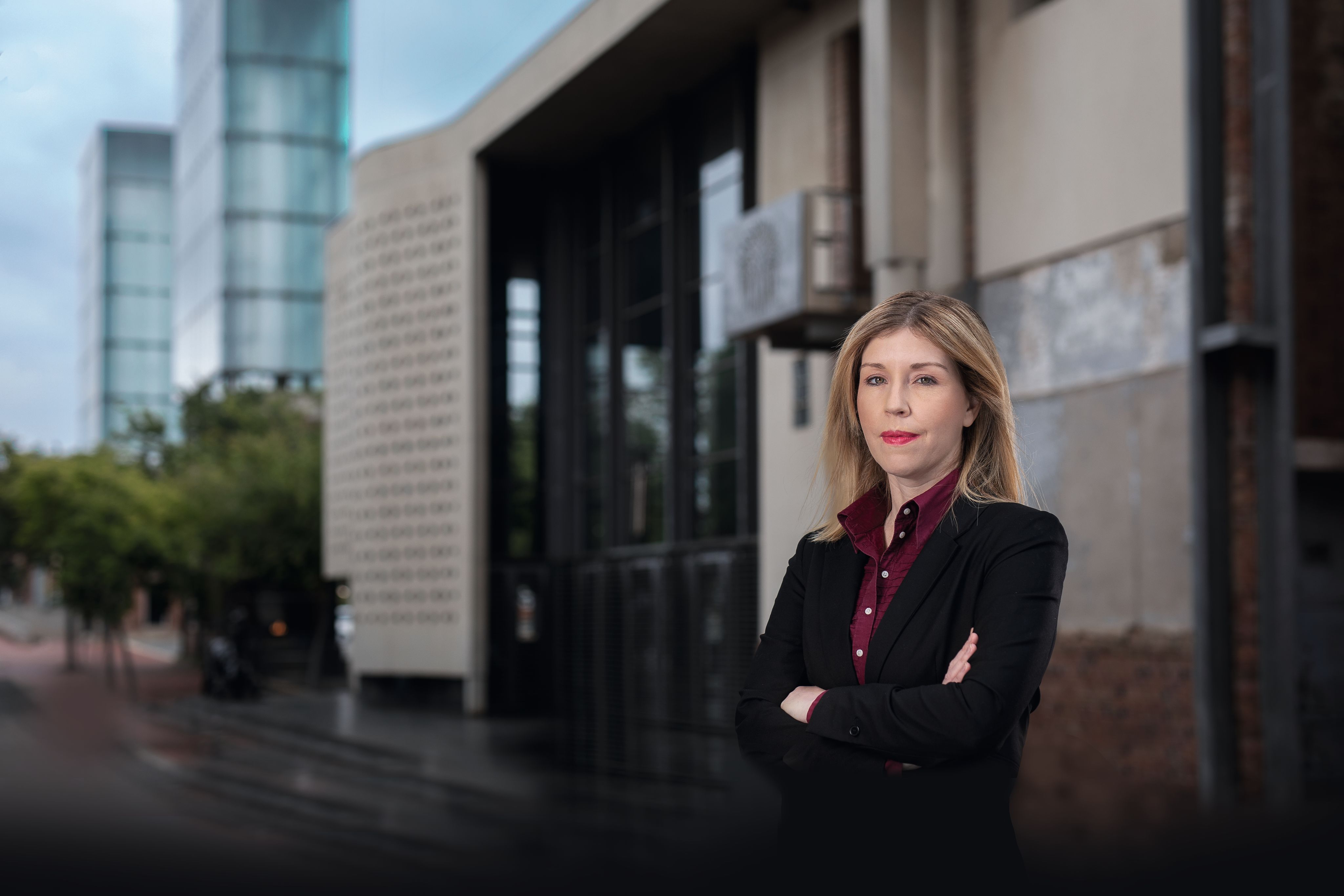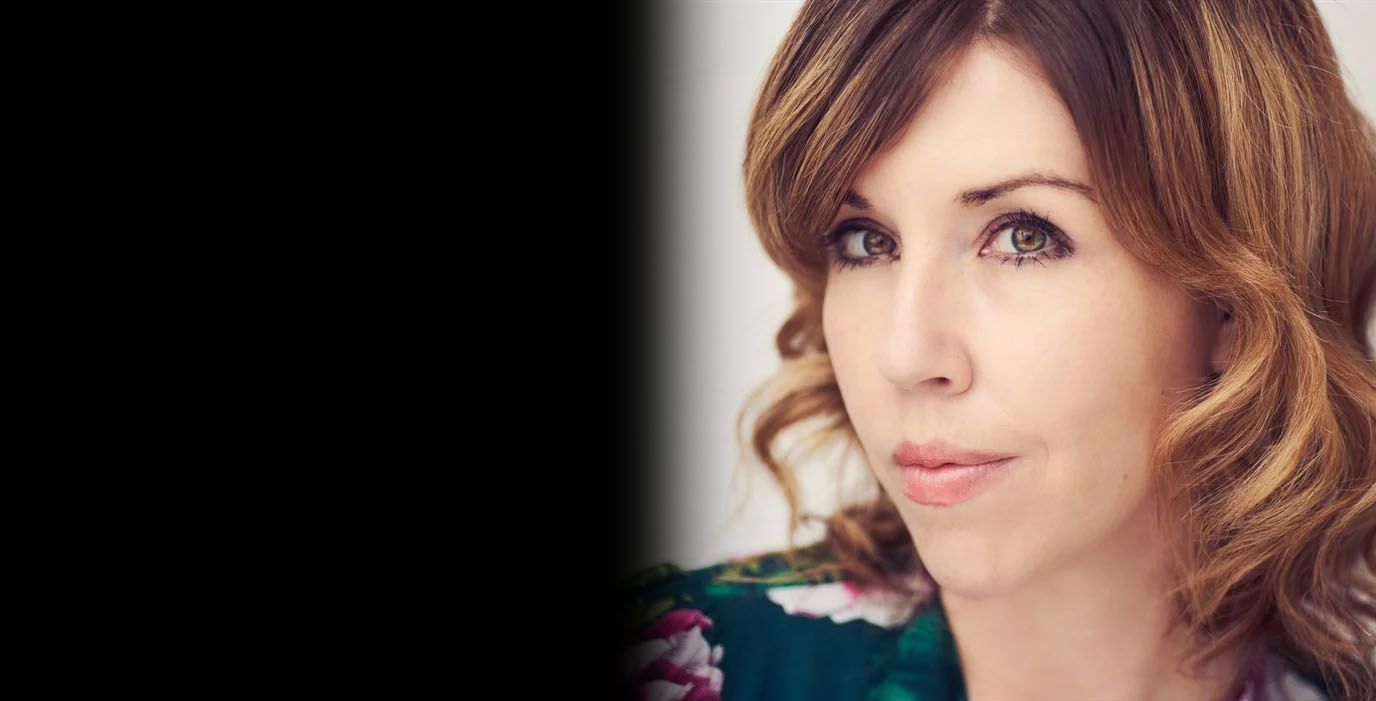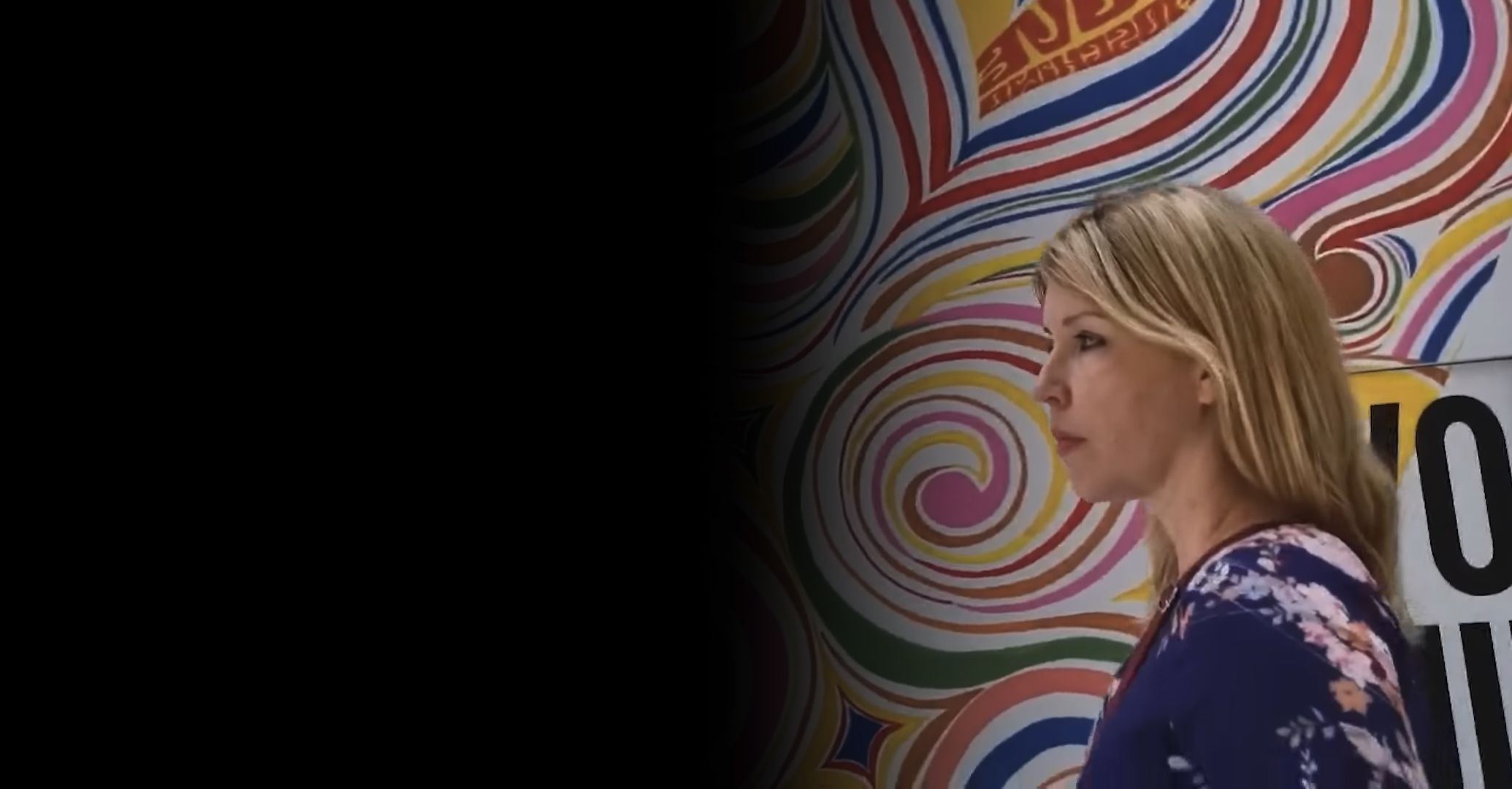Karyn Maughan
The world of legal reporting is not for the faint-hearted. From high-profile court cases to legal threats from former president Jacob Zuma, Karyn Maughan recounts highlights from her illustrious career in legal journalism.

Karyn Maughan: Close encounters
Fresh from a trip to Dubai where Maughan and her team tracked down the latest information on now-arrested brothers Atul and Rajesh Gupta, Maughan takes me on a journey via phonecall – retracing her career steps from assistant to an award-winning legal reporter, author and television personality.
Legal reporting, she explains, was not her initial career plan. In fact, as a young journalist, she was simply asked to assist with High Court reporting for a few weeks.
“High Court reporter, Estelle Ellis, was incredibly generous and she took me around the court, explained to me how it worked, and I completely fell in love,” Maughan enthuses, thinking back on her early days and the senior reporter who mentored her.
“Legal journalism has become my passion… even though I do other kinds of stories, it’s always going to be my first love,” Maughan says.
But it’s not always easy. Although legal reporters like Maughan use court-approved documents to craft their stories, writing breaking news stories on high-profile figures can still prove risky for these journalists.
Maughan, who's currently facing criminal prosecution from the Zuma family for reporting on his court cases, says it’s a tough spot to be in – reporting on legal realities and still being threatened with legal action.
“The precedent that’s being set by this case, in terms of targeting a journalist for doing her job, and then the former president’s daughter being openly hostile and aggressive on social media – that’s something that we should be concerned about,” Maughan says.
“I think that we need to be very aware of not allowing it [legal threats] to affect us but also not enabling people to use these kinds of mechanisms to bully, harass, and intimidate journalists to silence,” Maughan's words echo through the speaker with resounding impact.
But, even in the face of adversity, being a legal reporter has given Maughan some of her most treasured encounters – and it’s added impressive names to her contact list.
“Some of the most remarkable people I’ve met have been the victims of Apartheid-era crimes. People like Lukhanyo Calata, who’s the son of Fort Calata one of the Craddock Four. He has been fighting for years to understand why the National Prosecuting Authority hasn’t prosecuted those responsible for his father’s murder in 1985,” Maughan explains.
Maughan recently interviewed retired Constitutional Court Justice Sisi Khampepe – one of the justices who found former President Jacob Zuma guilty of contempt; sentencing him to 15 months in prison.
“Throughout her career, Khampepe has shown intense ethical consistency. From finding that the 2002 Zimbabwean elections were not free and fair, to finding that the Scorpions should remain in the law enforcement system and having her findings continuously ignored or suppressed – she has shown herself to be someone who doesn’t allow herself to be affected by the political rhetoric and the political wishes of the time,” Maughan says.
“People like Justice Khampepe inspire me to continuously try my best to report what is in front of us - freely, fairly, with context, with an understanding of what it means – but with an ultimate deep awareness of our responsibility to help the public to understand complicated, nation-shifting events in ways that empower them and don’t subvert constitutional imperative of this country by confusing them even further.”
Maughan has built a strong support system around her. From her early-day mentor Estelle Ellis to fellow writers Dianne Hawker, Franny Rabkin, Jeanette Chabalala, Lwandile Bhengu, Emsie Ferreira, Zelda Venter – and more.
Drawing on the collective strength of the women in her network, Maughan says she tries to pay it forward to up-and-coming reporters and journalists in the newsroom.
“I'm very conscious of mentoring and assisting younger journalists to ensure they feel empowered and confident to ask questions - because the most important thing is to ask questions,” she says.


When you subscribe to News24, you are supporting a sustainable future for trustworthy journalism that contributes to the health of our democracy. Become a News24 subscriber today.


